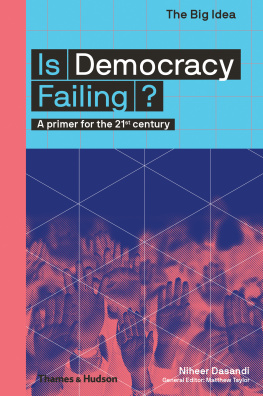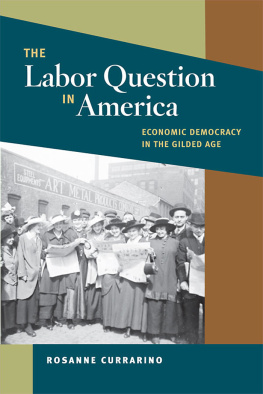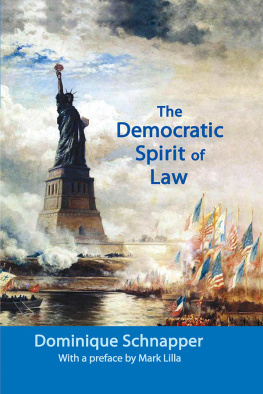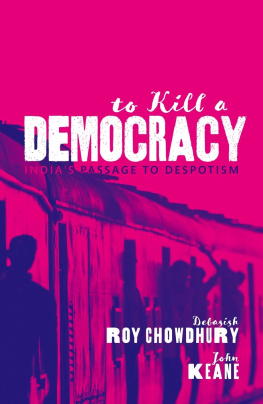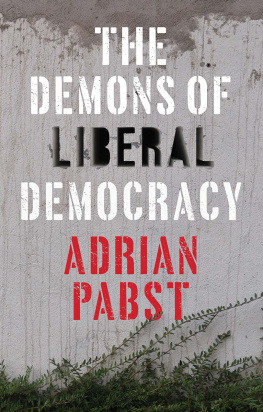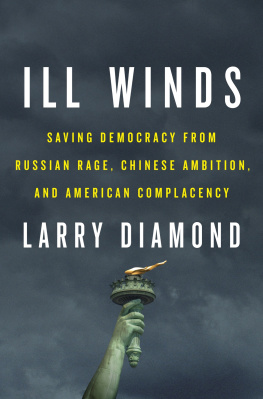Contents
List of Figures
Guide
Pagebreaks of the print version
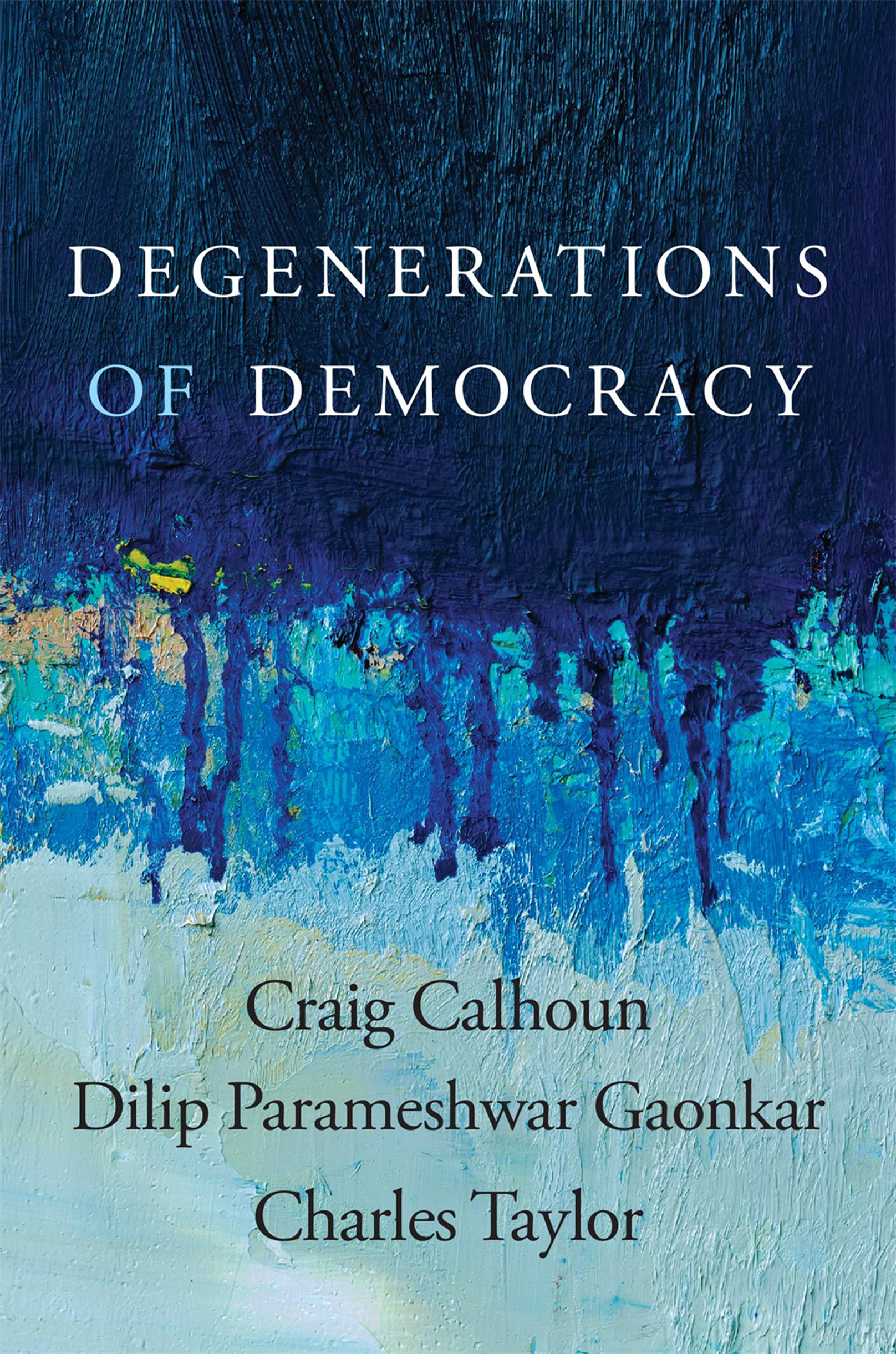
DEGENERATIONS of DEMOCRACY
Craig Calhoun
Dilip Parameshwar Gaonkar
Charles Taylor
HARVARD UNIVERSITY PRESS
Cambridge, Massachusetts
London, England
2022
Copyright 2022 by the President and Fellows of Harvard College
All rights reserved
The Library of Congress has cataloged the printed edition as follows:
Jacket art: Ekely/Getty Images
Jacket design: Annamarie McMahon Why
978-0-674-23758-2 (cloth)
978-0-674-27601-7 (ePub)
978-0-674-27602-4 (PDF)
Names: Calhoun, Craig J., 1952 author. | Gaonkar, Dilip Parameshwar, 1945 author. | Taylor, Charles, 1931 author.
Title: Degenerations of democracy / Craig Calhoun, Dilip Parameshwar Gaonkar, Charles Taylor.
Description: Cambridge, Massachusetts : Harvard University Press, 2022. | Includes bibliographical references and index.
Identifiers: LCCN 2021045367
Subjects: LCSH: Democracy. | Equality. | Political participation. | Common good. | Solidarity.
Classification: LCC JC423 .C2444 2022 | DDC 321.8dc23/eng/20211202
LC record available at https://lccn.loc.gov/2021045367
We dedicate this book to the Center for Transcultural Studies and its predecessor, the Center for Psychosocial Studies, which have enabled us to learn together for more than thirty years.
Contents
The future of democracy seems increasingly dark. We want to say democracy can be renewed, that it can flourish, that it can be more inclusive, more egalitarian, and more empowering. Yet we have to admit this would be a reversal of the trends we see around us.
Americans could take heart in the remarkably high voter turnout in 2020. At least long-standing apathy had been reduced. But then the losing presidential candidate and millions of his followers refused to accept the results. There was even an invasion of the US Capitol amid widespread efforts to reverse the election. The extremity, malice, and even violence of partisan division remain alarming.
Nor are disunity and conflict limited to the United States. Democracy is under duress worldwide. Similar issues and emotions shaped Britains 2016 Brexit vote and have bedeviled the country since. Anxieties about change, the power of citizens, and national identities are prominent in France, Germany, Poland, Hungary, and most European countries. Russia is officially but not practically democratic. Despite impressive resilience, the worlds largest democracy in India is challenged by polarization and majoritarian nationalism. Democracy that seemed to be taking root is instead disintegrating in Ethiopia and becoming increasingly fraught in South Africa and much of Central America. China has long vacillated between long claiming to be building a kind of democracy, and contrasting its own modelvariously termed Confucian, communist or just Chineseto what it sees as the growing failures of Western democracies. As more liberal democracies suffered during the Covid pandemic, China became ever more authoritarian, yet boasted that it manifested democracy that works.
In this book, our focus is not on troubled or halted transitions to democracy. It is on degenerations in what have long been considered strong democracies. Of course, there is a relationship. Degenerations of democracy in countries such as the United States make it look less promising to would-be democrats elsewhere. Ethnonationalist rule and increasing disregard for constitution and law make India less of a model.
There is no shortage of books and articles on the crisis and possible loss of democracy. This one is distinct in stressing both the long-term degeneration of democracy from within, as distinct from just external attacks and the depredations of bad leaders, and the importance of social and cultural foundations, not just narrowly political reforms, to renewing democracy.
To be sure, democracy is damaged by corrupt and self-serving leaders who promote social division as a tactic of power. It is weakened by manipulation of its rules, suppression of votes, gerrymandering, and attempts to discredit elections. But saving democracy requires more than just processual or technical repairs.
Renewal must address two kinds of foundations for democracy that are not entirely contained within political democracy as such: first, republican constitutions and norms of civic virtue, and second, social conditions for effective citizenship, including social solidarity and limits to inequality. Democracy cannot thrive without rebuilding these foundations.
The foundations are partly cultural and moral. Rebuilding must restore commitment to civic virtue and the public good; it must renew collective identity and reduce corruption. Constitutional protections for the rule of law, good government, and the rights of all citizens need not only be present on paper but also be understood and respected. Material factors are also crucial. Inequality has increased dramaticallyin income, in wealth, even in the quality of health care during the coronavirus pandemic. This means that, in many countries, whole categories of citizens have sharply divergent experiences of policies and social changes; they literally are not in it together. But inequality is not the whole story, either. At least as important is an erosion of social connectionscommunal and crosscuttingthat knit citizens together across lines of difference. Social solidarity is not simply a sentiment; it is also a structure of social relations. It needs to be rebuilt at the scales of local communities, national institutions, and the many kinds of intermediate associations in between.
Dimensions of Degeneration
In , Charles Taylor outlines three factors central to recent downward spirals of degeneration: disempowerment of citizens, failures of inclusion, and hyper-partisan and majoritarian pursuit of political victories at the expense of shared futures. These are not the only possible components to degeneration, but they are crucial, and we return to them repeatedly through this book.
Robust democracy is a way of empowering all citizens, both in politics and in the rest of their lives. Such empowerment encourages controversy and reveals tensions between public and private interests. It brings resistance from some elites. It also brings capacity for mobilization to solve common problems and keep improving common life. Liberty, equality, and solidarity are not mere abstractions. They are of practical importance in the lives of democratic citizens. But each can degenerate.
Democracy depends on the empowerment of citizensand degenerates with disempowerment. This undercuts both having an effective voice in public affairs and efforts to meet personal challenges. Disempowerment comes not just through explicit blockages, such as voting restrictions, but from loss of social conditions for effective action. To benefit from democracy in routine ways, as well as to fight for more democracy, requires not just individual but social capacities. Citizens are empowered by communities and neighborhoods, organizations such as trade unions, networks formed in churches and synagogues, parent-teacher associations, youth sports leagues, and social service associations. Social movements empower those they mobilize, building on existing connections and developing new ones. They can be empowering even when they fail to achieve their explicit objectives.
Disempowerment is increased by extreme economic inequality, as well as by


